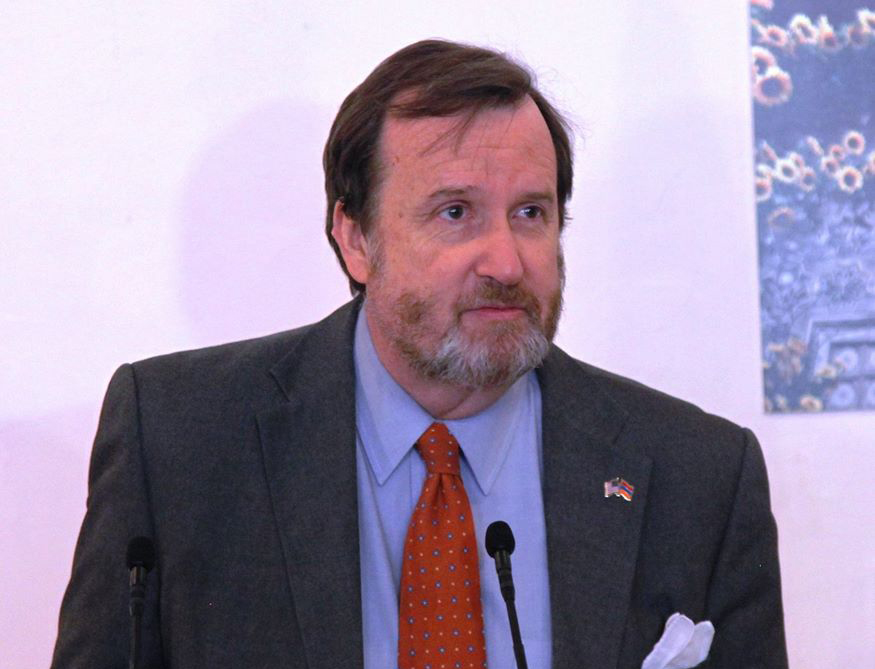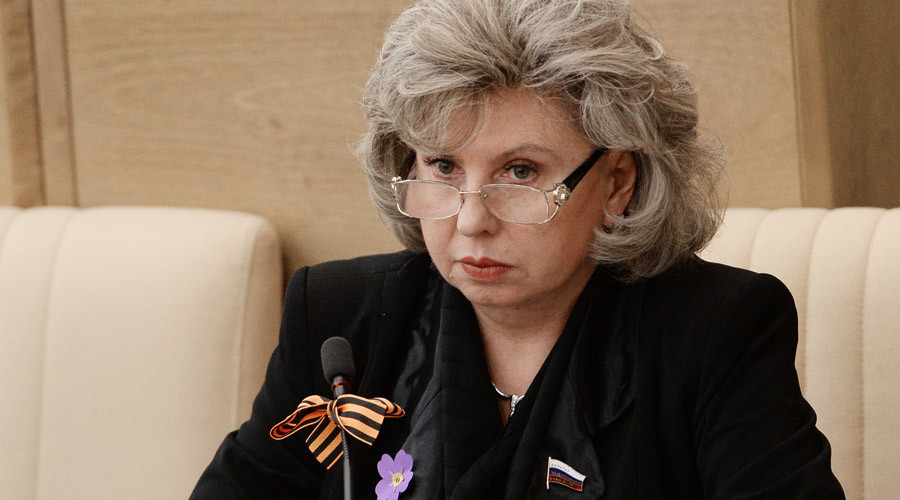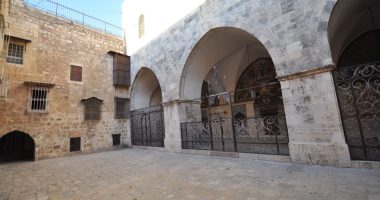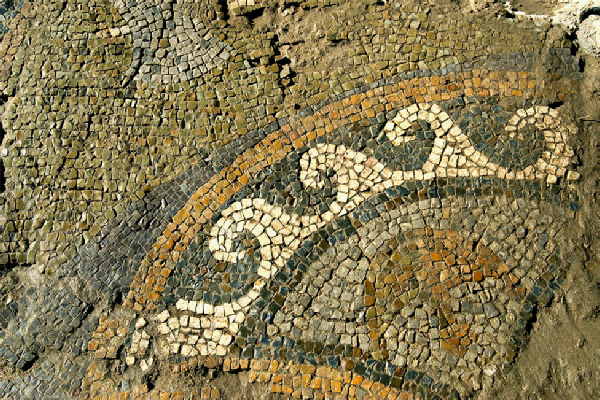YEREVAN (RFE/RL) — U.S. Ambassador to Armenia Richard Mills on Wednesday called on the Armenian authorities to demonstrate the “political will” to hold democratic elections and combat government corruption in earnest.
Mills also implied that the U.S. government has blacklisted individuals who it thinks committed serious irregularities during a disputed constitutional referendum held in Armenia in December 2015.
Shortly after that referendum, the U.S. Embassy in Yerevan said that it will decide whether individuals involved in reported fraud “can participate in Embassy programs or activities.” It did not specify whether they could be banned from entering the United States or face other sanctions.
Mills referred to that warning when he delivered an extensive speech at the American Chamber of Commerce of Armenia in Yerevan. “Although I cannot share information about the individuals who have been affected by this decision out of respect for their privacy, I can assure you that we have followed through on our pledge,” he said.
Mills went on to stress the importance of the Armenian parliamentary elections slated for April 2. “I agree with the [Armenian] president’s characterization that the upcoming elections will shape the future of Armenia and it is crucial they be free and fair, and that the Armenian people have confidence in the results,” he declared.
The authorities in Yerevan enacted late last year a set of opposition-backed legal amendments aimed at preventing serious fraud, notably multiple voting, in the forthcoming elections. In particular, they agreed to introduce electronic verification of voters’ identity and live online broadcasts of voting across the country. The U.S. and the European Union have allocated up to $10 million for the purchase of relevant equipment.
While welcoming these anti-fraud measures, Mills stressed they alone cannot guarantee the freedom and fairness of the vote. “The elections will be free and fair only if the government demonstrates the political will to make them so, and if the political opposition and civil society act responsibly to safeguard the process,” he said.
“The burden is on the government and its constituent institutions — the Central Election Commission, law enforcement bodies, and the judiciary — to take the appropriate actions and foster a climate in which the Armenian people are able to freely express their will at the voting booth,” added the diplomat.
Mills said “political will” is also essential for tackling endemic corruption in the Armenia. He was “encouraged” by tougher anti-corruption action promised by the recently appointed Prime Minister Karen Karapetian.
But, the envoy stressed, the government should send a “clear message from on high that corruption will not be tolerated and that no one … is above the law.” “Absent this message, no truly transformative change can occur,” he said.
In that regard, Mills suggested that the government set up a “fully independent anti-corruption body that can both investigate and prosecute cases.” “This seems a good time for the government to consider this suggestion, as we understand the prime minister is currently deciding how to restructure the existing Anti-Corruption Council,” he said.
The council was previously overseen by Karapetian’s predecessor, Hovik Abrahamian. It approved in 2015 a three-year plan of actions against various corrupt practices. Despite skepticism voiced by many Armenian civil society members, the U.S. Agency for International Development (USAID) pledged in February 2016 to support the program’s implementation with a $750,000 grant.
Mills revealed that the USAID has since allocated less than 2.5 percent of that money because of a lack of “concrete progress” in the work of the anti-graft body. “Based on the outcome of our discussions with the prime minister, we will decide on our next steps, including whether to continue our support to the Council or redirect those funds to a different anti-corruption mechanism,” he said.
Armenia ranked, together with Bolivia and Vietnam, 113th out of 176 countries evaluated in Transparency International’s most recent Corruption Perceptions Index released last week. In its policy program approved by parliament in October, Karapetian’s cabinet described corruption as “the biggest obstacle to the development of the state.”










